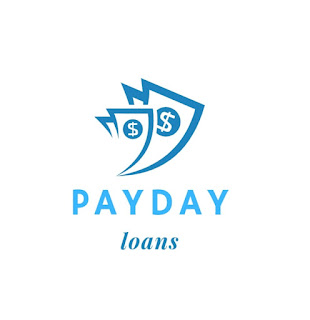Welcome to my blog, where we delve into the world of E-finance and explore how it can revolutionize the way we manage our finances. In this digital age, technology has permeated every aspect of our lives, including the way we handle our money. E-finance, short for electronic finance, encompasses a wide range of financial activities conducted through digital platforms, providing convenience, efficiency, and security like never before.
In this blog post, we will embark on a journey to understand what E-finance is and how it can benefit individuals in their personal finance management. Whether you're a tech-savvy millennial or a retiree embracing the digital era, this guide will equip you with the knowledge you need to get started with E-finance.
Section 1: Understanding E-Finance
------------------------------------------
1.1 What is E-Finance?
- Defining E-finance and its scope
- Evolution and rise of E-finance in the digital age
1.2 The Advantages of E-Finance
- Convenience and accessibility
- Real-time financial information
- Streamlined financial transactions
- Enhanced security measures
1.3 Types of E-Finance Services
- Online banking
- Mobile payment applications
- E-wallets
- Online investment platforms
- Cryptocurrency exchanges
Section 2: Getting Started with E-Finance
------------------------------------------
2.1 Assessing Your Financial Goals and Needs
- Identifying your financial objectives
- Evaluating your risk tolerance
2.2 Choosing the Right E-Finance Platforms
- Researching and comparing available options
- Considering factors such as user-friendliness, security, and fees
2.3 Setting Up Your E-Finance Accounts
- Creating an online bank account
- Registering for mobile payment applications
- Setting up an E-wallet
2.4 Security Measures in E-Finance
- Strong and unique passwords
- Two-factor authentication
- Regularly updating software and applications
2.5 Managing and Monitoring Your Finances Online
- Tracking expenses and budgeting tools
- Automating bill payments
- Monitoring investments and portfolios
Section 3: Best Practices for Successful E-Finance (Approximately 600 words)
------------------------------------------
3.1 Stay Informed About Financial News and Trends
- Subscribing to financial newsletters
- Following reliable financial websites and blogs
- Understanding market indicators and economic factors
3.2 Educate Yourself on Financial Literacy
- Exploring online courses and resources
- Reading personal finance books and articles
- Seeking advice from financial professionals
3.3 Be Mindful of Cybersecurity Threats
- Recognizing phishing attempts
- Avoiding suspicious links and downloads
- Regularly updating antivirus software
3.4 Utilize Automation and AI Tools
- Automatic savings plans
- AI-powered investment advisors
- Expense tracking and categorization
Conclusion
------------------------------------------
Embracing E-finance is not just a trend; it's a necessity in today's fast-paced digital world. By understanding the concept of E-finance and taking advantage of the plethora of digital financial tools and platforms available, you can streamline your financial management and achieve your financial goals more efficiently.
Remember, as with any technological advancement, it is crucial to stay informed, remain vigilant against cyber threats, and continually educate yourself on financial literacy. E-finance opens up a world of possibilities, but it's up to you




